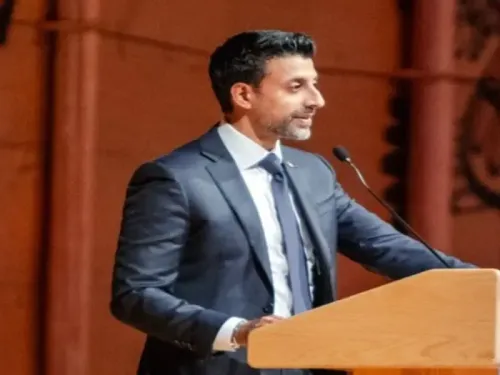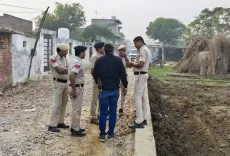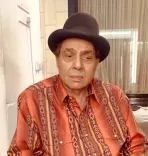Will the Supreme Court Hear the Challenge to Allahabad HC's Ramlila Ban in School?

Synopsis
Key Takeaways
- Supreme Court to review plea against Allahabad HC's order.
- Concerns raised about misuse of school playground.
- Significant impact anticipated on students' activities.
- Debate centers on cultural traditions versus educational integrity.
- Legal precedent could affect similar cases nationwide.
New Delhi, Sep 24 (NationPress) The Supreme Court has agreed to expedite a plea that contests an order from the Allahabad High Court restricting the use of a school playground in Tundla, Uttar Pradesh, for the celebration of Ramlila. A Bench comprised of Justices Surya Kant and N. Kotiswar Singh scheduled the matter for immediate hearing on Thursday, September 25, following an urgent request.
The special leave petition (SLP) presented by the Ramlila Committee argued that the Allahabad High Court issued an ex parte order without allowing them an opportunity to present their case.
In a recent interim order, the Chief Justice Arun Bhansali and Justice Kshitij Shailendra of the Allahabad High Court addressed a PIL that claimed misuse of the school playground by an unnamed individual or purported Ramlila Committee. They noted significant irregularities regarding the authorization of the event within a government school.
The Allahabad High Court highlighted concerns that the entire playground had been covered with cement interlocking tiles, effectively transforming it into a permanent venue for events, thus depriving school children of a place to play.
Furthermore, the main gate of the school was reportedly modified into a 'Sita Ram Gate', with various swings and other decorations placed at the entrance. The PIL raised alarms about potential disruptions to academic activities.
“The educational activities for more than eighteen days during which the Ramlila is to be staged would be severely impacted, as a large stage and other furniture have been set up on school grounds for this purpose,” the order indicated.
Both the Uttar Pradesh government and the Executive Officer of the Nagar Palika Parishad submitted identical statements asserting that the interlocking tiles were installed due to waterlogging issues. However, when queried by the Allahabad High Court about the feasibility of conducting sports activities on the tiled surface, the response was a clear “No.”
The court further questioned the rationale provided by officials who claimed that the event had been held for over a century.
“The justification for allowing the 'Ramlila' was based on its historic performance for over 100 years, occurring between 7 p.m. and 10 p.m., with claims that educational activities would remain unaffected,” the CJ Bhansali-led Bench noted.
“From the instructions provided, it remains unclear who is orchestrating the Ramlila and who authorized its occurrence within the school premises. This situation appears to seek the transformation of the school land into a permanent site for such activities, which is not permissible,” the order emphasized.
In its decision to restrain the use of school grounds for the Ramlila, the Allahabad High Court ruled that permitting such activities by unidentified individuals or the purported Ramlila Committee was “ex facie illegal.”
“The authorities are prohibited from allowing the use of school premises for the Ramlila,” concluded the CJ Bhansali-led Bench.









